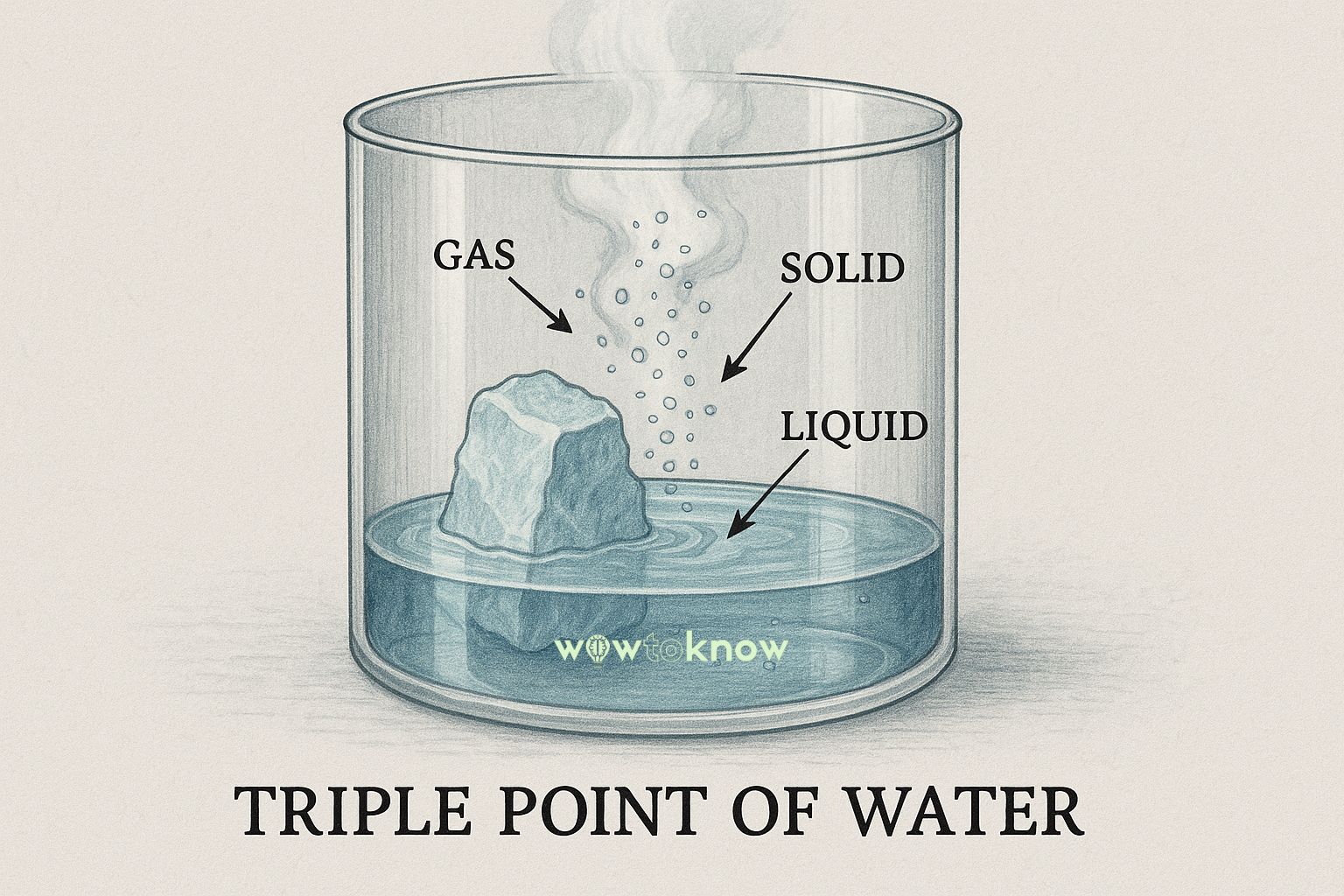Most wars drag on for months, years, or even decades. But one war in recorded history was over before most people finished breakfast.
On August 27, 1896, the British Empire and the Sultanate of Zanzibar fought what is officially recognized as the shortest war ever recorded – lasting between 38 and 45 minutes. It was swift, one-sided, and historically strange.
Here’s how a brief power struggle turned into a war measured in minutes.
The Background: A Sultan Dies, and Trouble Begins
In the late 1800s, Zanzibar – an island off the east coast of Africa – was a British protectorate. While technically ruled by a local sultan, the British had heavy influence over who held power.
On August 25, 1896, Sultan Hamad bin Thuwaini, a British-friendly ruler, died suddenly. Officially, he died of natural causes – but rumors swirled about poison. Just hours later, Khalid bin Barghash, the sultan’s cousin, moved into the palace and declared himself the new ruler.
The problem? He didn’t ask Britain for approval. And Britain wasn’t happy.
Britain’s Ultimatum
Khalid’s rapid self-declaration broke an earlier agreement that any new sultan must be approved by the British consul.
On August 26, British officials gave Khalid an ultimatum: step down by 9:00 AM the next day or face military action.
Khalid refused. Instead, he barricaded himself in the palace with around 2,800 soldiers and loyalists, armed with rifles, a few artillery pieces, and the royal yacht HHS Glasgow. He believed – or hoped – that the British wouldn’t act.
He was wrong.
The War Begins: August 27, 1896
At 9:02 AM, British warships opened fire on the palace.
The British forces included:
- Three warships: HMS St. George, Philomel, and Racoon
- 150 marines and sailors
- Zanzibar harbor police and loyalist forces
Within minutes, the palace was on fire. The Glasgow fired a few shots before being sunk. Most of Khalid’s artillery was destroyed almost immediately.
At 9:40 AM, less than 40 minutes after it started, the shelling stopped.
Khalid had fled through a back door and taken refuge at the German consulate. His fighters surrendered.
Casualties and Destruction
The human cost was lopsided:
- Zanzibar forces: ~500 casualties (killed or wounded)
- British forces: 1 sailor injured (a gunner on HMS Thrush)
The palace – a large complex of stone and wood – was almost completely destroyed. Fires raged into the afternoon.
Despite its brevity, the war’s visual and political impact was massive.
The Aftermath: Britain Installs Its Choice
Within hours, the British installed Sultan Hamoud bin Mohammed, a more compliant ruler who signed new agreements favoring British interests.
Zanzibar remained a British protectorate until gaining independence in 1963.
As for Khalid, he was smuggled out by the Germans to German East Africa (present-day Tanzania). He avoided capture until World War I, when British forces finally arrested him. He was exiled to the Seychelles, and later to Mombasa, where he died in 1927.

How We Know the War Was 38–45 Minutes Long
The timing is unusually precise. Naval officers kept detailed logs of every major move. According to British reports:
- War began at 9:02 AM
- Ceasefire issued at 9:40 AM
That’s a total duration of 38 minutes, though some reports say it may have lasted up to 45 minutes depending on when the last shots were fired.
That window – 38 to 45 minutes – remains the official record. It’s listed in multiple historical registries, including the Guinness Book of World Records.
Other Short Wars in Comparison
While nothing else comes close to 38 minutes, several other conflicts were short by war standards:
- Six-Day War (1967) – Israel vs. several Arab states.
- Indo-Pakistani War (1971) – lasted 13 days.
- Falklands War (1982) – lasted 74 days.
Each of those conflicts had significant political and military complexity – the Anglo-Zanzibar War, by contrast, was a political statement delivered with overwhelming firepower.
FAQs
Why was Khalid not acceptable to the British?
Because Britain wanted a pro-British sultan who would follow colonial agreements. Khalid took power unilaterally, which the British saw as defiance.
Did Britain formally declare war?
No formal declaration was made – instead, they issued an ultimatum and acted when it expired.
Why did Zanzibar resist if they were so clearly outgunned?
Khalid may have underestimated Britain’s willingness to use force or overestimated his own support.
Are there other “shorter” conflicts that aren’t considered wars?
There are shorter skirmishes and battles, but none are internationally recognized as full wars with a declared start and end time.
What was Zanzibar’s status before and after the war?
Before: A semi-autonomous British protectorate.
After: Even more tightly under British control until independence in 1963.
A War Measured in Minutes
The Anglo-Zanzibar War didn’t reshape world borders or spark revolutions. But it holds a unique spot in history – not for its outcome, but for its sheer brevity.
It’s a reminder that in the age of empire, power could be exerted fast – and with overwhelming force.
One side fired hundreds of shells. The other side surrendered before the hour was up. And just like that, the shortest war in recorded history was over.
Fancy more historical wow-facts? Did you know that people have been using insurance for 4,000 years? To learn something new and amazing each day, follow WowToKnow on Facebook, X, Reddit, and Telegram.







Big fan of ‘gà chọi c1’ here! Hoping to find some good matches on this site. Check out gà chọi c1.
Had a little trouble with the f12betlogin at first, but once I got in, it was smooth sailing. Just make sure you remember your password, haha! Check it: f12betlogin